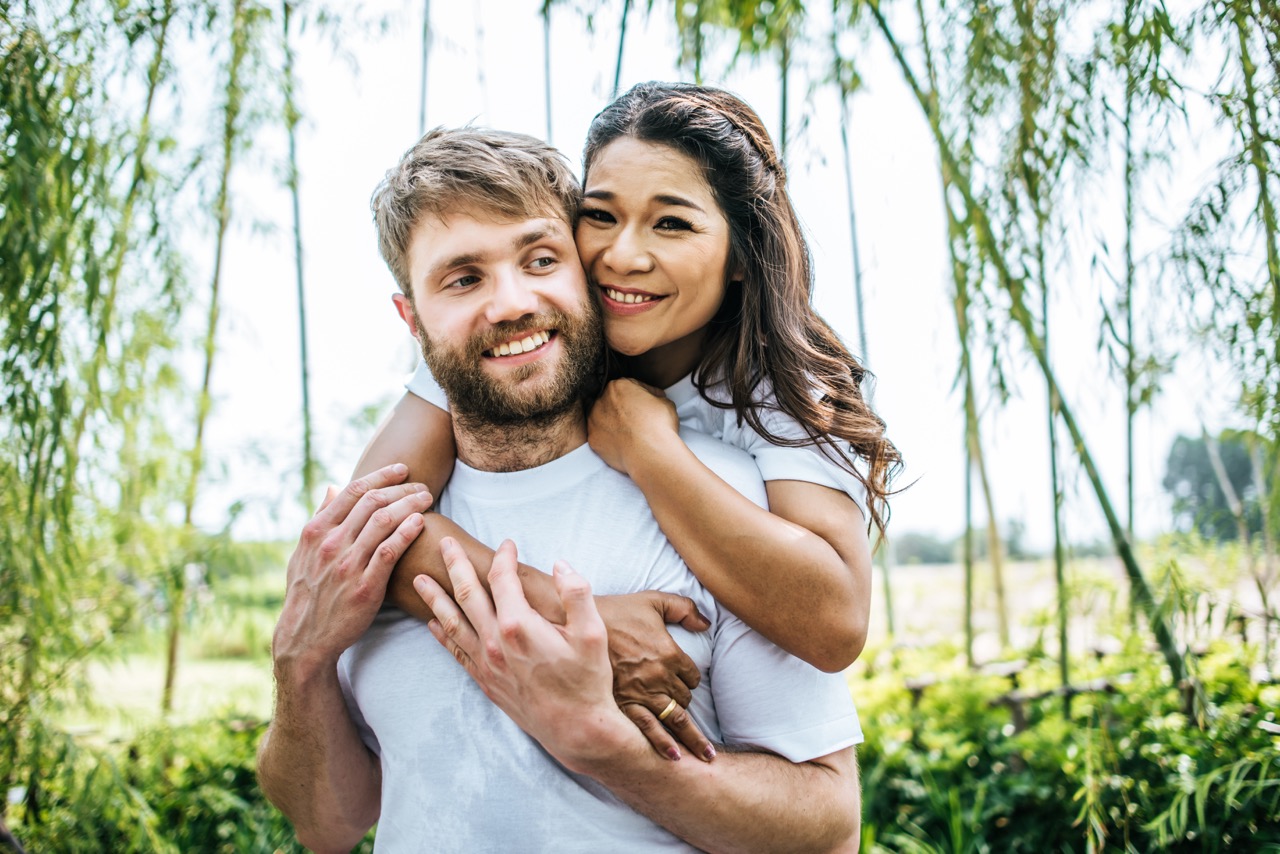In an age where emotional intelligence is increasingly recognized as vital for healthy relationships, Clayton Olson stands out as a voice of clarity on the subject of emotional responsibility. This concept, often misunderstood or overlooked, plays a crucial role in how we connect with others, particularly in romantic settings. Emotional responsibility isn’t just about taking ownership of your feelings; it’s about fostering deeper connections, understanding your partner, and creating a nurturing environment for both individuals in a relationship. Let’s dive into this crucial topic and explore how embracing emotional responsibility can lead to stronger, more fulfilling connections.
Understanding Emotional Responsibility in Relationships
Emotional responsibility refers to the ability to recognize, understand, and take ownership of one’s feelings and reactions in a relationship. It’s not merely about managing one’s emotions but also about acknowledging how those emotions impact others. For instance, if you’re feeling neglected in a relationship, it’s essential to communicate those feelings rather than burying them or projecting blame onto your partner. This level of awareness can lead to more meaningful conversations and a better understanding of each other’s needs.
In relationships, emotional responsibility can be a game-changer. When both partners are willing to express their feelings openly and truthfully, it creates a safe space for vulnerability. This mutual understanding can help navigate conflicts more effectively and deepen emotional intimacy. Imagine arguing about a miscommunication; if both partners take responsibility for their emotions, they can approach the situation with empathy rather than defensiveness. This shift in mindset is fundamental for cultivating a healthy relationship dynamic.
Ultimately, emotional responsibility is about empowerment. It encourages individuals to understand that they are in control of their emotional responses. This does not mean ignoring feelings or denying them; rather, it’s about choosing how to react constructively. When both partners embrace this responsibility, they’re more likely to foster a supportive and resilient relationship that can withstand challenges.
How Clayton Olson Defines Emotional Responsibility Today
Clayton Olson emphasizes that emotional responsibility goes beyond just self-awareness; it’s about engaging with your partner in a way that honors both your feelings and theirs. He points out that many people struggle with the concept, often mistaking it for emotional burden. For instance, some might think that sharing their feelings will overwhelm their partner or lead to conflict. However, Olson argues that discussing emotions openly is what actually strengthens bonds and builds trust.
Olson also highlights the importance of emotional literacy—understanding the nuances of your emotions and being able to articulate them. For example, instead of saying, “I’m upset,” one might express, “I feel neglected when you don’t respond to my texts.” This level of specificity allows for a more constructive dialogue and helps partners address the root causes of their feelings. It’s not just about venting; it’s about fostering a constructive conversation that leads to growth.
In today’s fast-paced world, where distractions are abundant, Olson advocates for dedicated time to connect emotionally. He suggests setting aside regular check-ins, where both partners can openly discuss their feelings and experiences without the interference of daily stressors. This proactive approach creates a habit of emotional transparency, reinforcing the idea that both partners are committed to understanding and supporting each other.
Practical Tips for Embracing Emotional Responsibility
Embracing emotional responsibility starts with self-reflection. Take some time to identify your emotions and their triggers. For example, you might feel anxious when your partner is late for a date. Instead of reacting with frustration, take a moment to reflect on why that delay bothers you—perhaps it reminds you of past experiences where you felt abandoned. Understanding these triggers can help you communicate your feelings more effectively.
Another practical tip is to practice active listening. When your partner shares their feelings, resist the urge to interject with your own experiences or solutions. Instead, validate their emotions by reflecting back what you’ve heard. For instance, saying, “It sounds like you’re feeling overwhelmed with work, and that’s affecting our time together,” validates their experience. This approach encourages open dialogue and reassures your partner that their feelings are heard and respected.
Lastly, consider journaling as a tool for emotional exploration. Writing down your feelings can provide clarity and help you process complex emotions before discussing them with your partner. This practice not only enhances self-awareness but also prepares you for more constructive conversations. By taking these steps, you can cultivate a habit of emotional responsibility that enriches your relationship.
Building Stronger Connections Through Emotional Awareness
Emotional awareness is the cornerstone of building stronger connections in any relationship. When both partners are attuned to their own feelings and those of their partner, it fosters a climate of compassion and understanding. For instance, when one person is feeling down, the other can respond with empathy rather than frustration, creating a nurturing environment where both partners feel valued.
Clayton Olson emphasizes that emotional awareness is not just about recognizing feelings; it’s also about responding appropriately. This means being attuned to your partner’s emotional state and adjusting your behavior to support them. For example, if you notice your partner is feeling anxious about an upcoming event, offering words of encouragement or simply being present can make all the difference. These small gestures build emotional connections and reinforce the idea that both partners are invested in each other’s well-being.
Moreover, emotional awareness can lead to greater resilience in the face of conflicts. By understanding each other’s emotional landscapes, partners can navigate disagreements with a sense of empathy rather than hostility. This shared understanding allows for more constructive conversations and solutions, ultimately strengthening the relationship. In a world where emotional connections can often feel fleeting, cultivating emotional awareness through responsibility is vital for lasting, meaningful relationships.
In conclusion, Clayton Olson’s insights on emotional responsibility offer valuable guidance for anyone looking to deepen their romantic connections. By embracing emotional responsibility, partners can foster better communication, emotional awareness, and deeper intimacy. Whether you’re navigating the early stages of dating or working through challenges in a long-term relationship, understanding and practicing emotional responsibility can be a transformative experience. So take a moment to reflect on your feelings, engage with your partner openly, and watch as your relationship flourishes in new and exciting ways.





